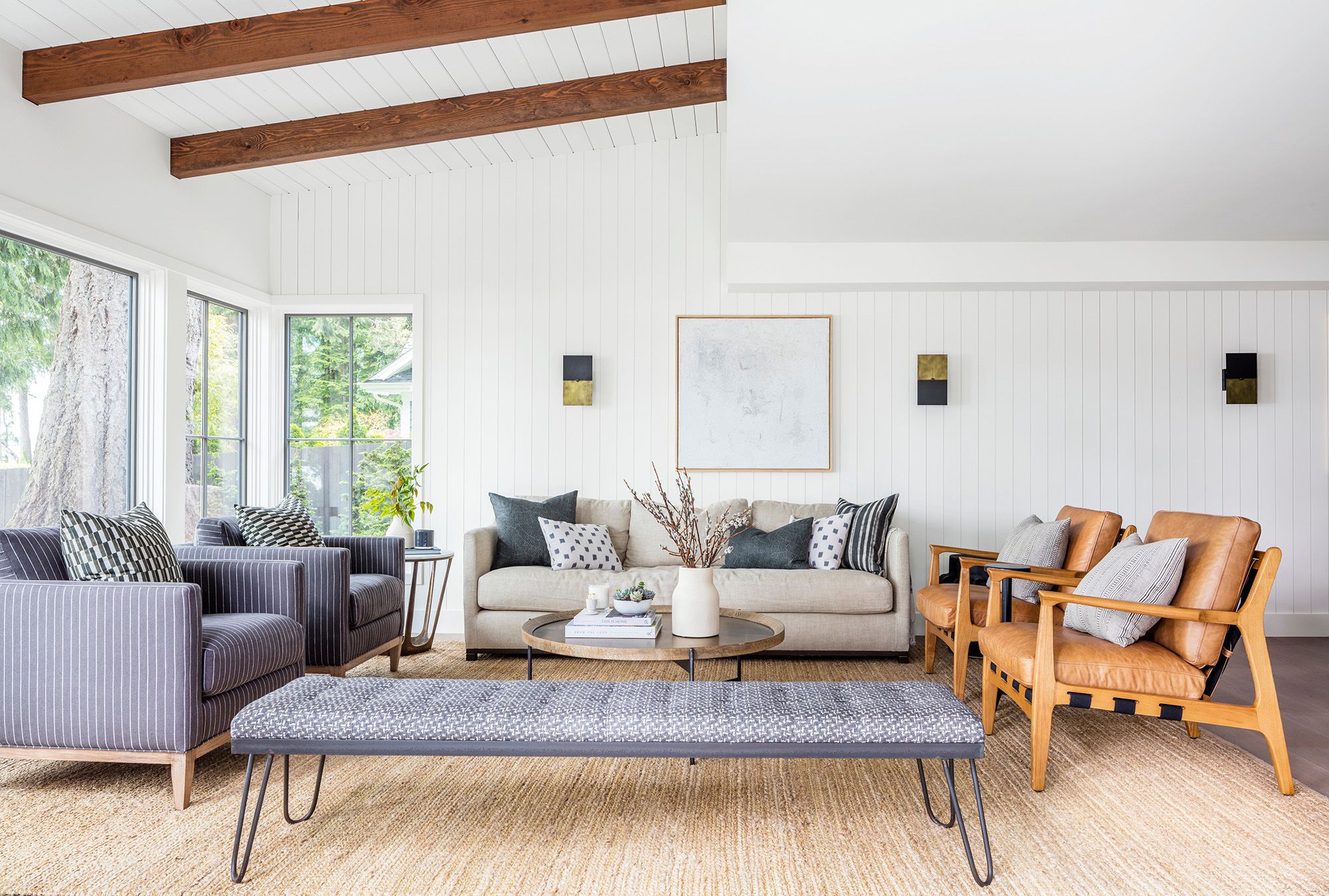In an age characterized by relentless consumerism and digital overload, minimalist living has emerged as a compelling counter-movement. This lifestyle, which emphasizes simplicity and intentionality, is gaining traction among those seeking to declutter their lives and focus on what truly matters. This article delves into the principles of minimalist living, its benefits, and practical steps to embrace this way of life.
The Essence of Minimalism
Minimalism is more than just a trend; it’s a philosophy that advocates for living with less to achieve more meaningful experiences. At its core, minimalism encourages individuals to pare down their possessions and eliminate non-essential items, making space for what genuinely brings joy and value.
Benefits of Minimalist Living
Mental Clarity and Focus
One of the most profound benefits of minimalism is the mental clarity it brings. By reducing physical clutter, individuals often find that their mental clutter diminishes as well. This leads to improved focus, reduced stress, and a greater sense of peace. In a minimalist home, there are fewer distractions, allowing for a more serene and organized environment conducive to productivity and relaxation.
Financial Freedom
Minimalism also promotes financial freedom. By resisting the urge to continually purchase new items, individuals can save significant amounts of money. This financial surplus can be redirected towards experiences, savings, or investments that contribute to long-term well-being and happiness. Minimalists often report a more conscious approach to spending, prioritizing quality over quantity.
Environmental Impact
Adopting a minimalist lifestyle has positive implications for the environment. With fewer purchases, there is less demand for manufacturing, reducing resource consumption and waste production. Minimalists tend to adopt more sustainable practices, such as buying second-hand, recycling, and choosing eco-friendly products. This shift contributes to a reduction in one’s ecological footprint.
Enhanced Relationships
Focusing on fewer material possessions allows minimalists to invest more time and energy into relationships. By prioritizing people over things, they often experience deeper and more meaningful connections. This can lead to a richer social life and stronger bonds with family and friends.
Practical Steps to Embrace Minimalism
Declutter Your Space
The first step towards minimalist living is decluttering. This involves going through your belongings and keeping only those items that are functional, beautiful, or meaningful. A popular method for decluttering is the KonMari method, which encourages individuals to keep items that “spark joy” and let go of those that do not.
Adopt a Capsule Wardrobe
A capsule wardrobe is a curated collection of clothing that you love and wear regularly. This approach simplifies daily dressing and ensures that every item in your closet is versatile and valued. Aim for a wardrobe that is both stylish and functional, with pieces that can be mixed and matched easily.
Practice Mindful Consumption
Before making any purchase, ask yourself if the item is truly necessary and if it adds value to your life. This mindful approach to consumption helps prevent impulse buying and ensures that you only bring items into your life that have a clear purpose.
Simplify Your Schedule
Minimalism extends beyond physical possessions to encompass your time and commitments. Evaluate your schedule and identify activities that are draining or non-essential. By simplifying your calendar, you create more space for activities that align with your values and bring you joy.
Embrace Digital Minimalism
In our digital age, information overload can be overwhelming. Digital minimalism involves decluttering your digital life by organizing files, unsubscribing from unnecessary emails, limiting social media use, and being mindful of screen time. This can lead to increased focus and a healthier relationship with technology.
Conclusion
Minimalist living offers a pathway to a more intentional, fulfilling life. By embracing simplicity, individuals can reap numerous benefits, from enhanced mental clarity and financial freedom to stronger relationships and a reduced environmental impact. In a world that often equates more with better, minimalism reminds us that sometimes, less truly is more. As more people discover the joys of minimalist living, this movement is likely to continue growing, providing a refreshing antidote to the complexities of modern life.


